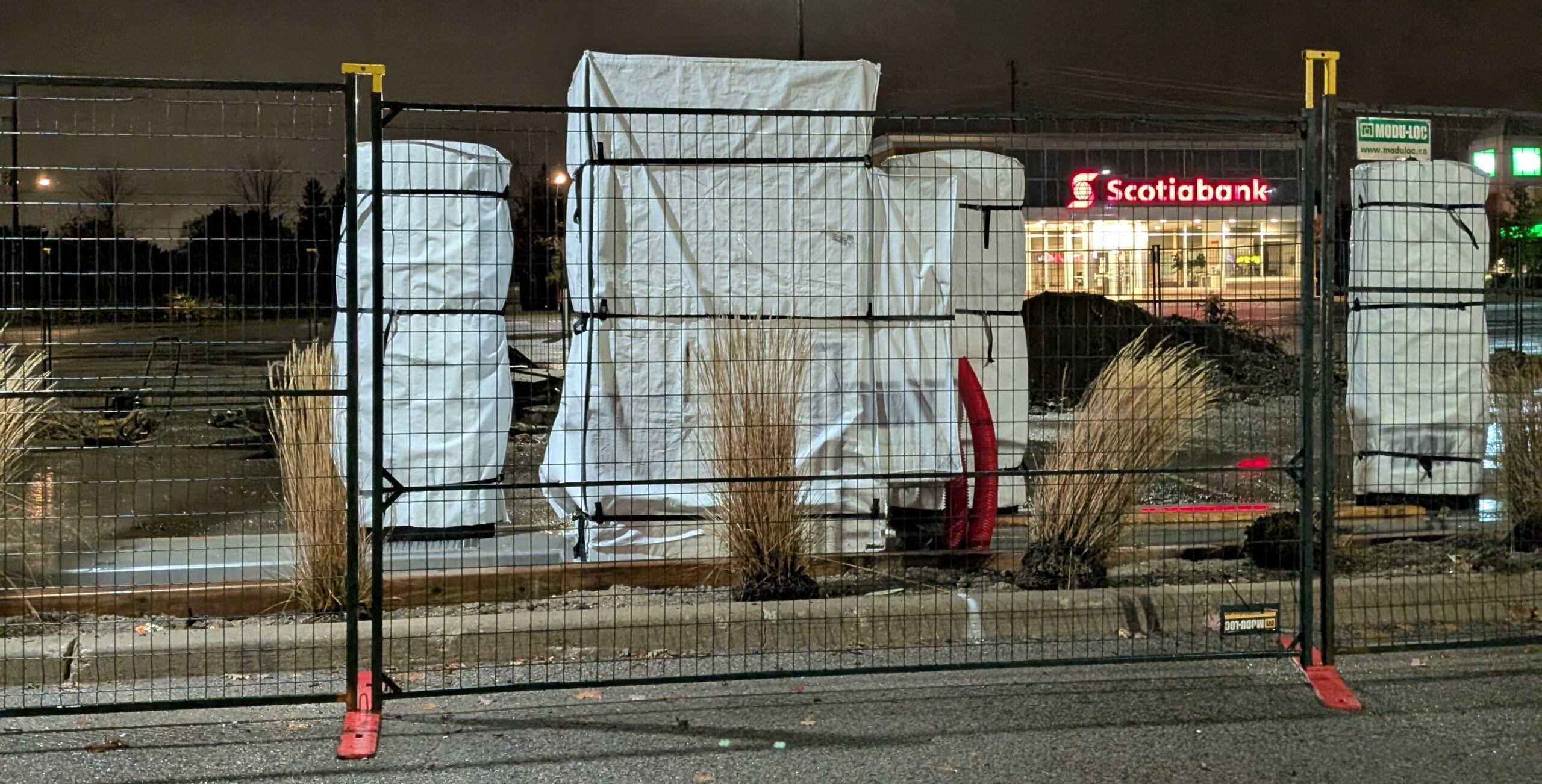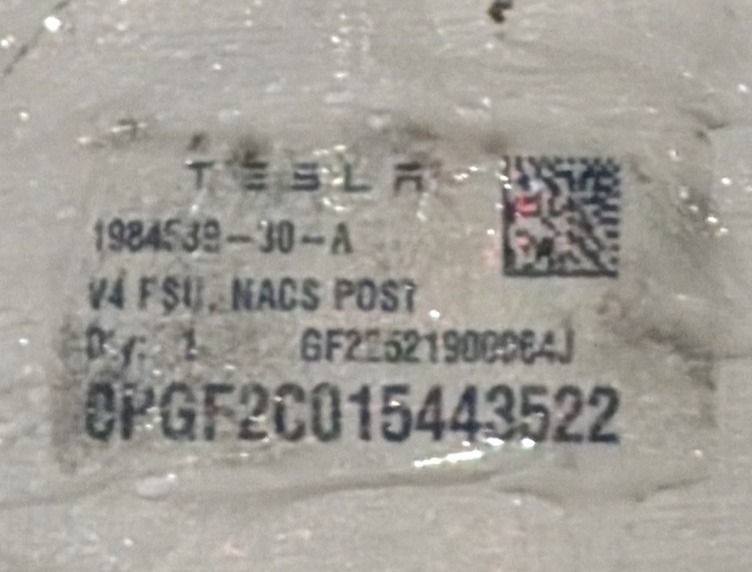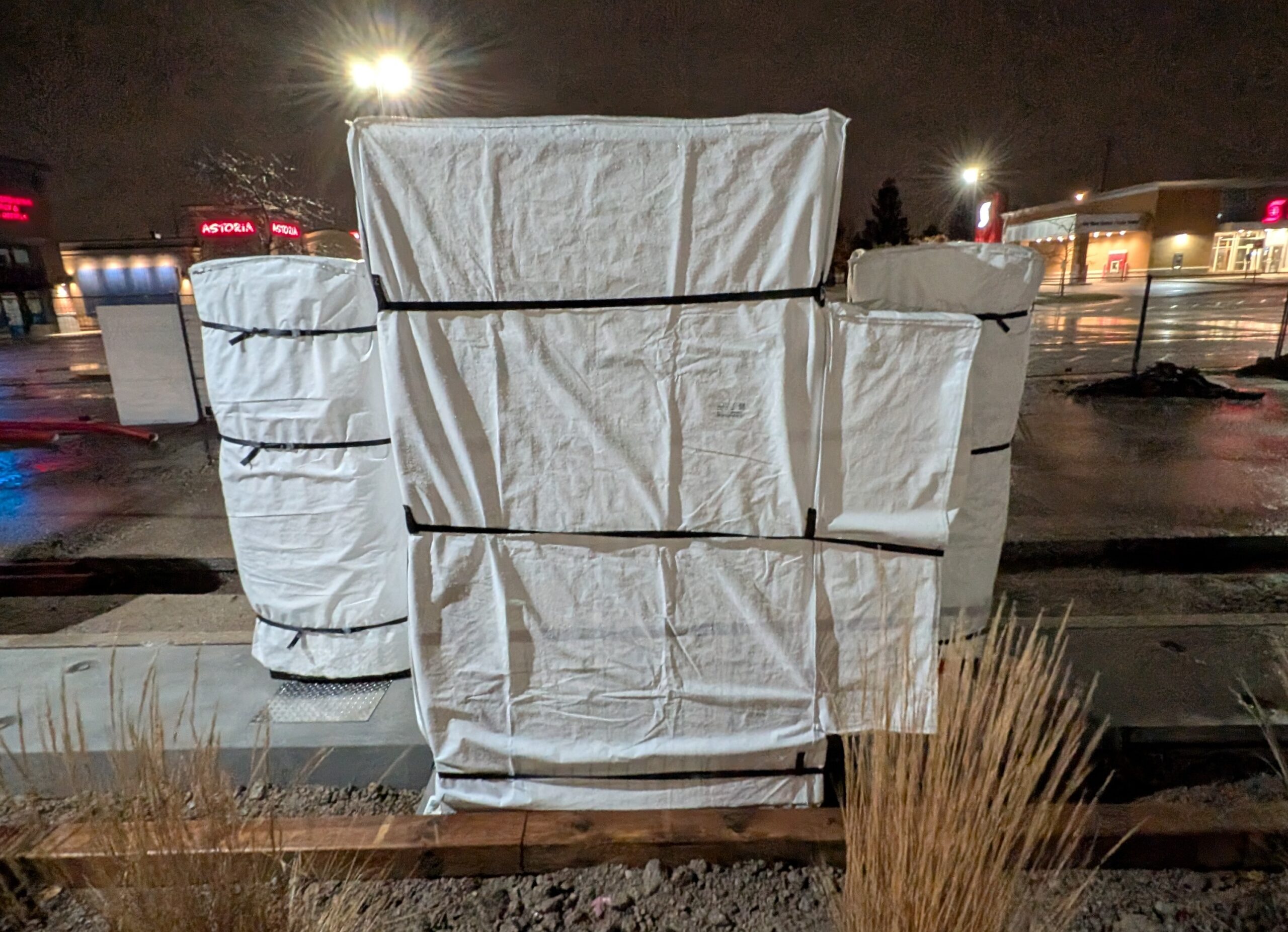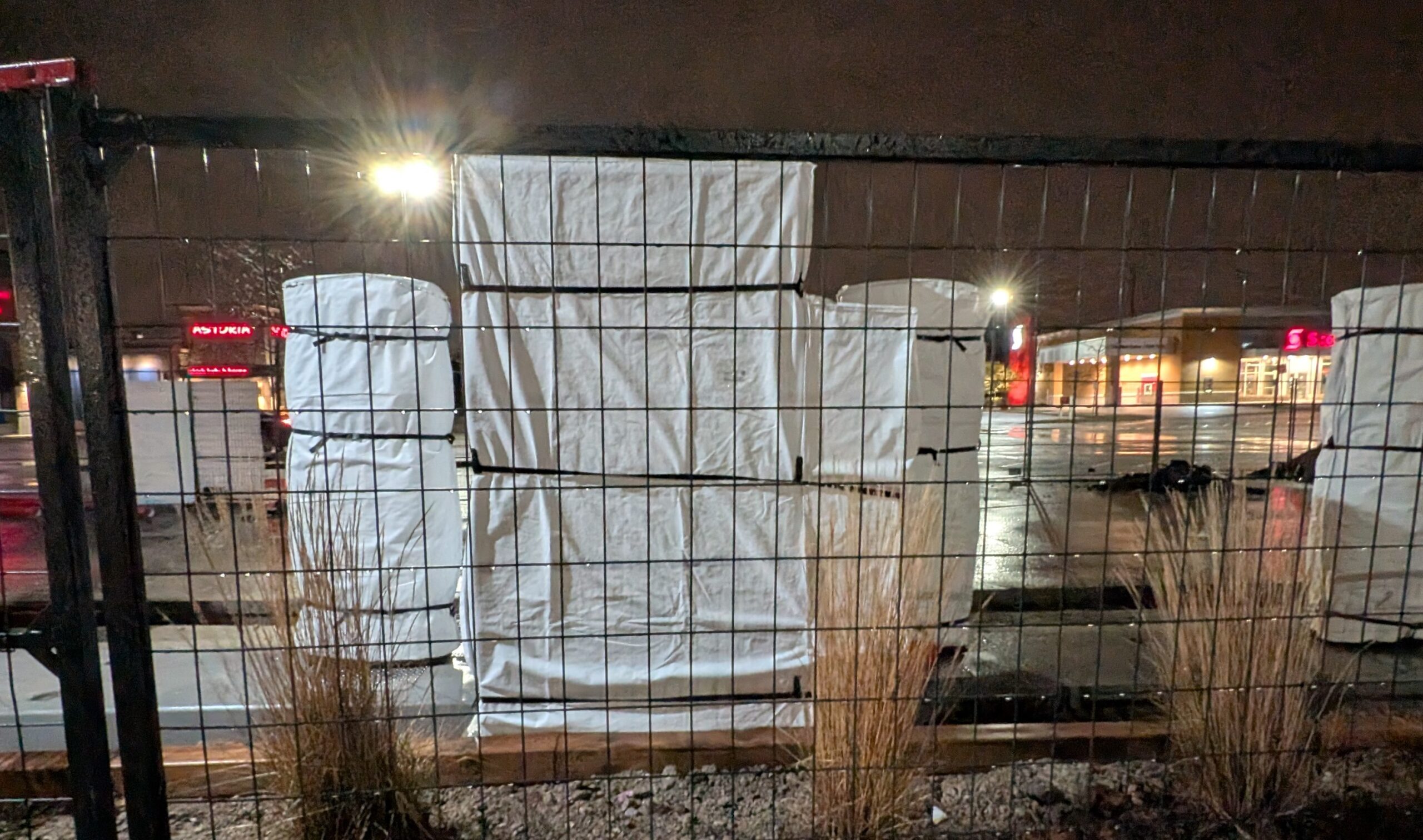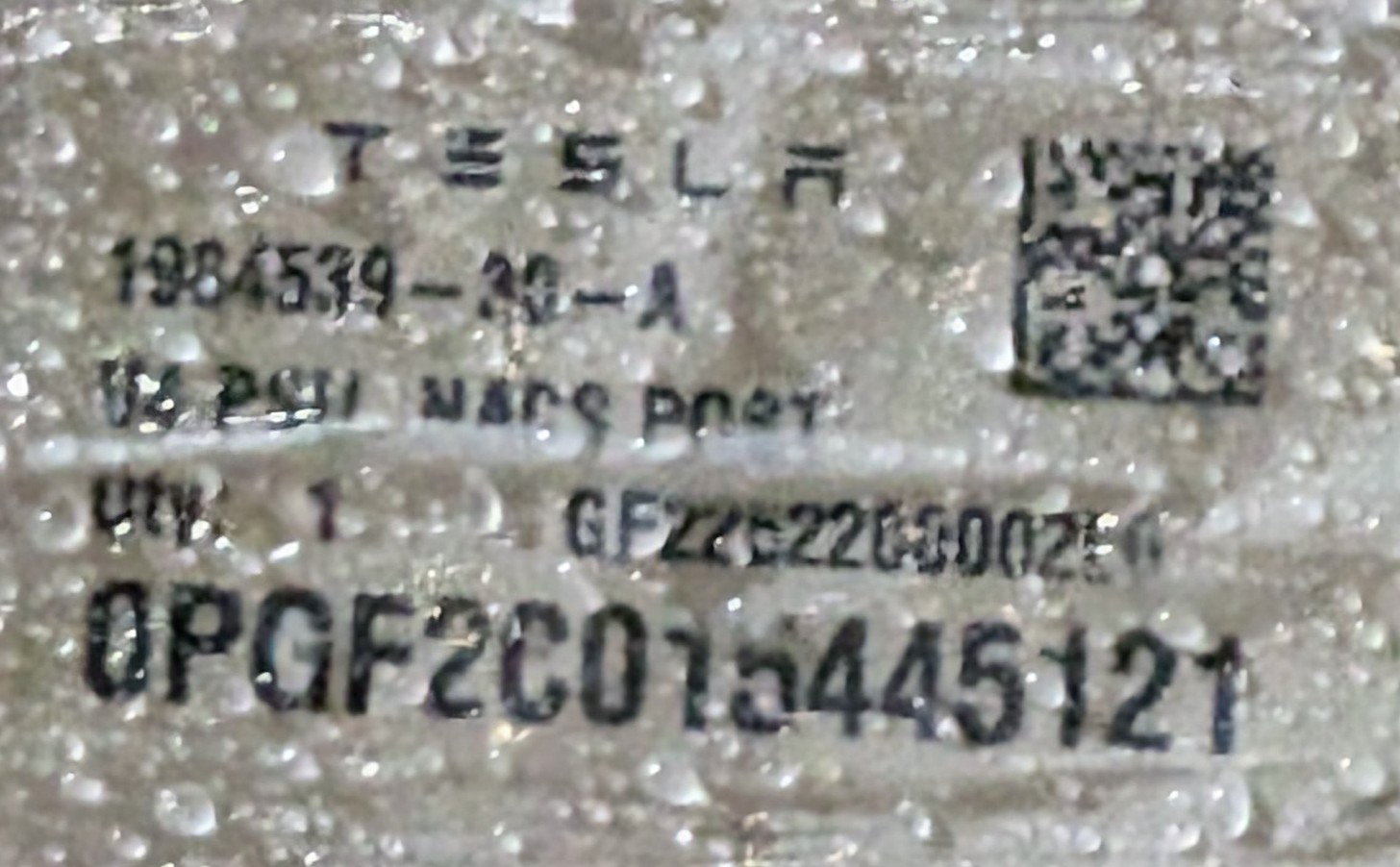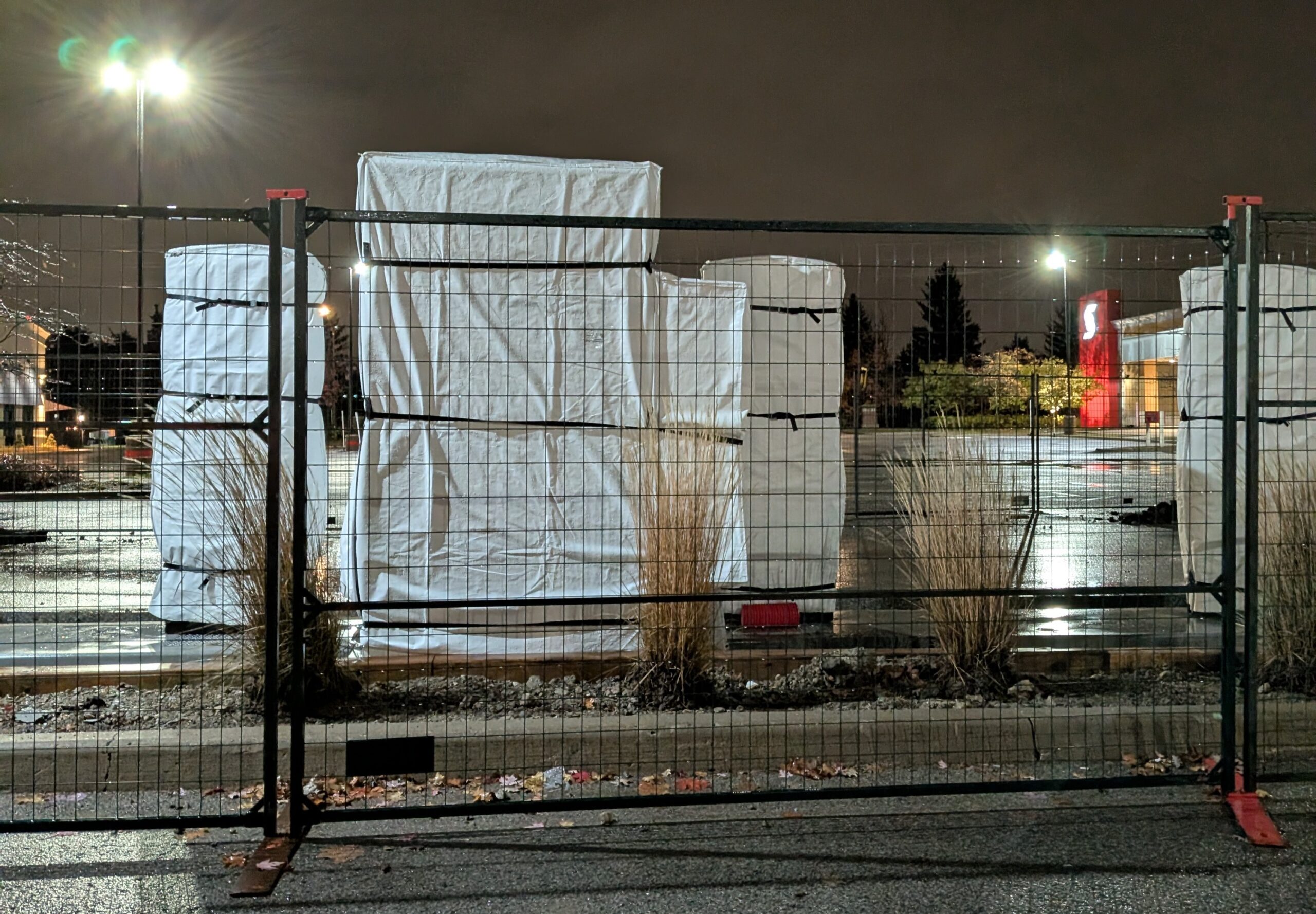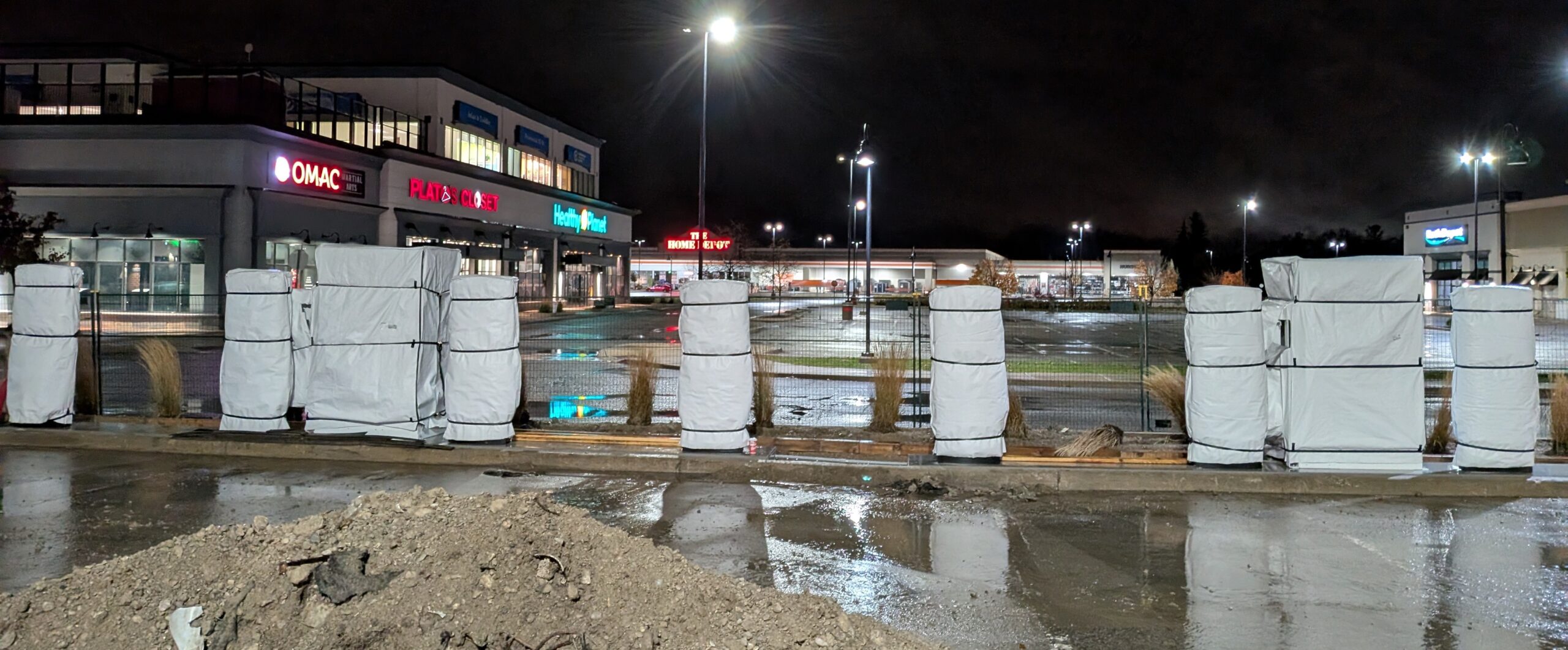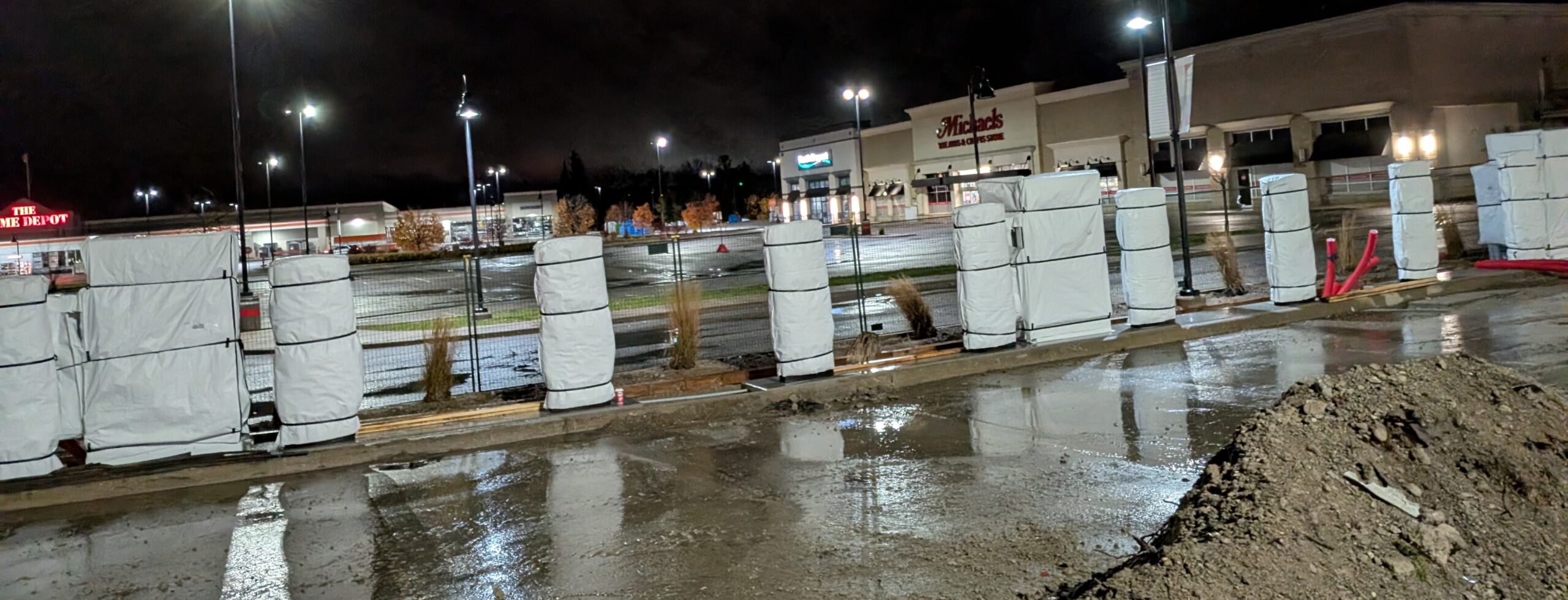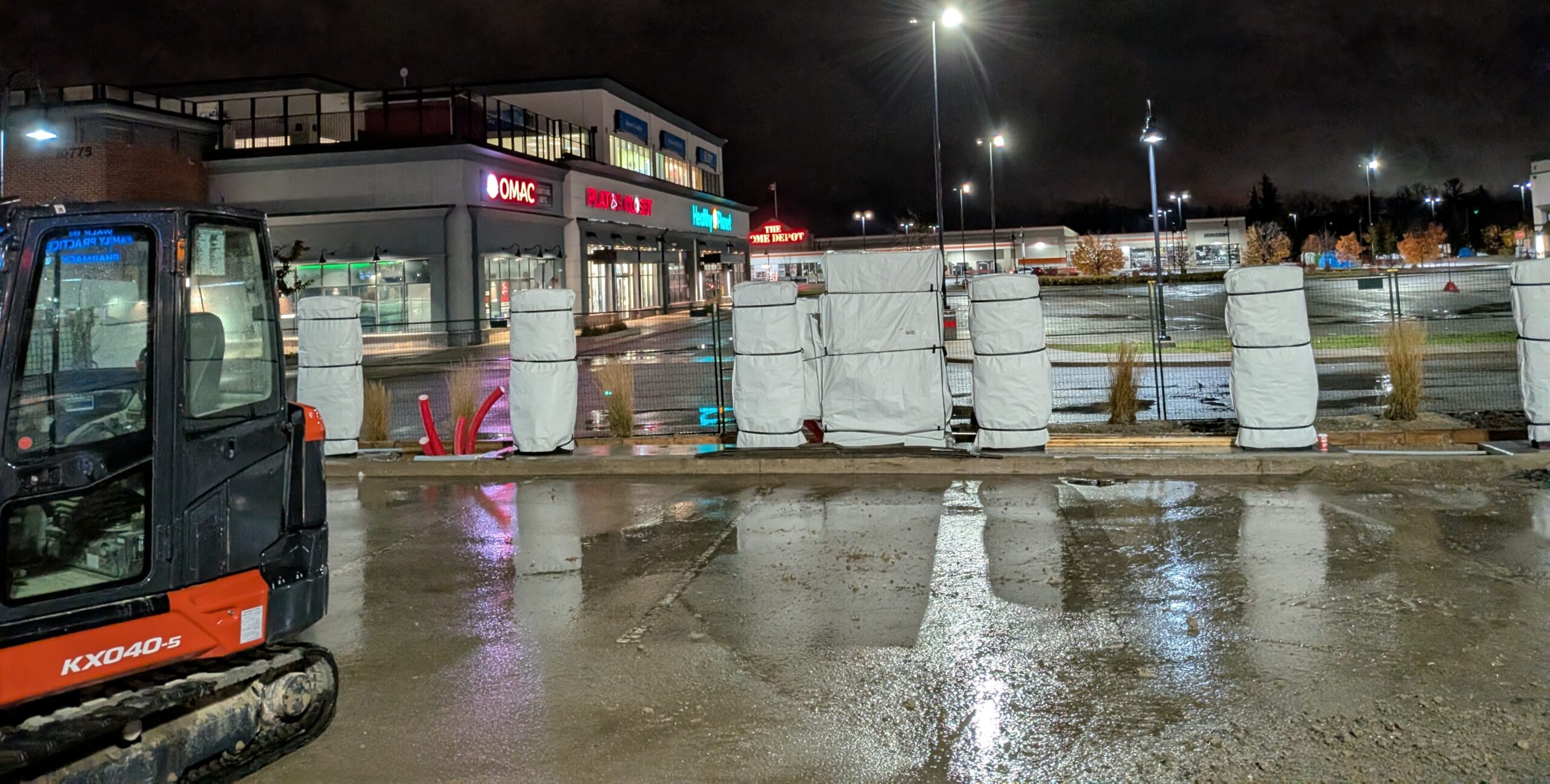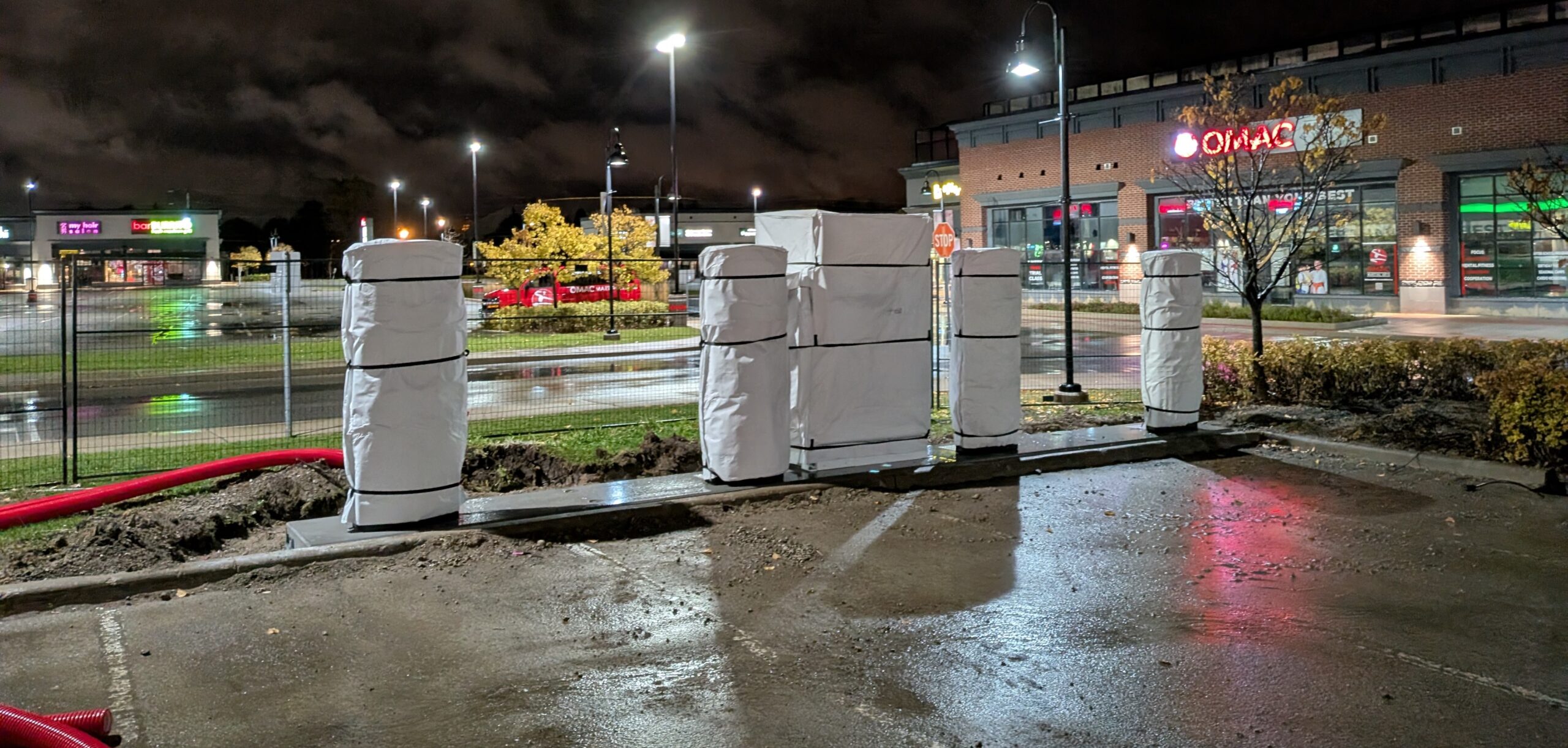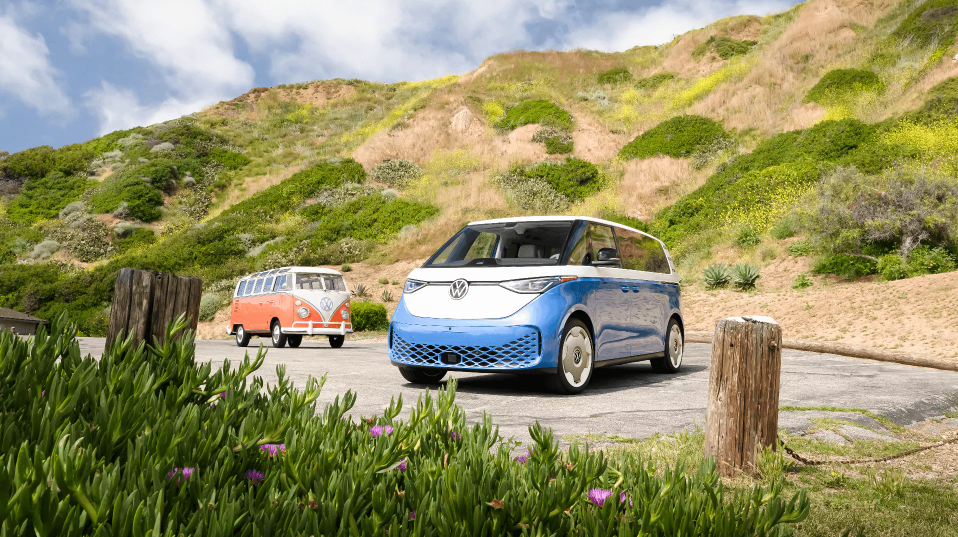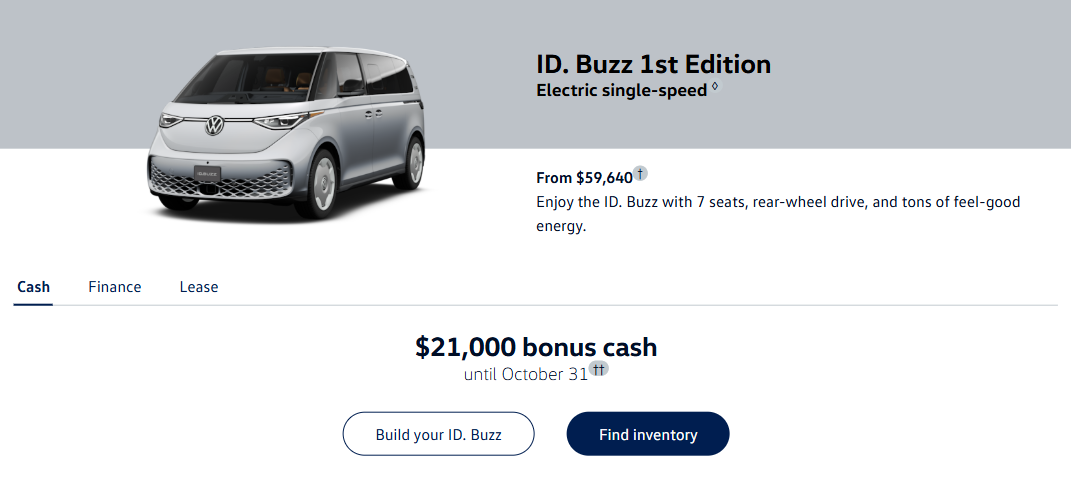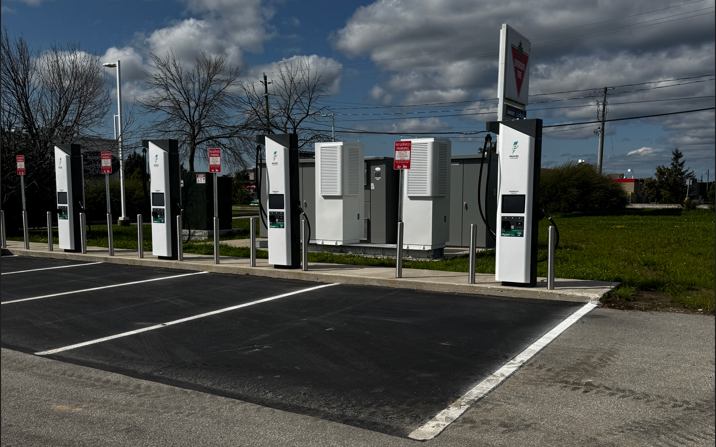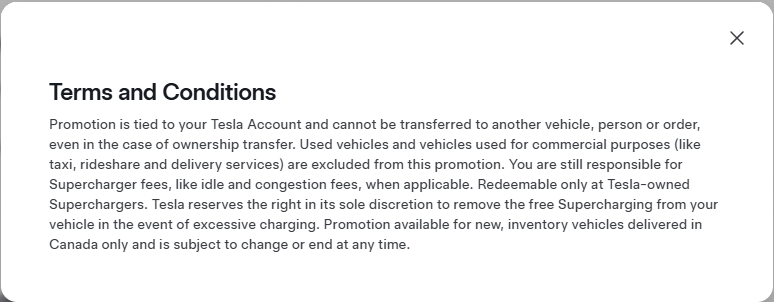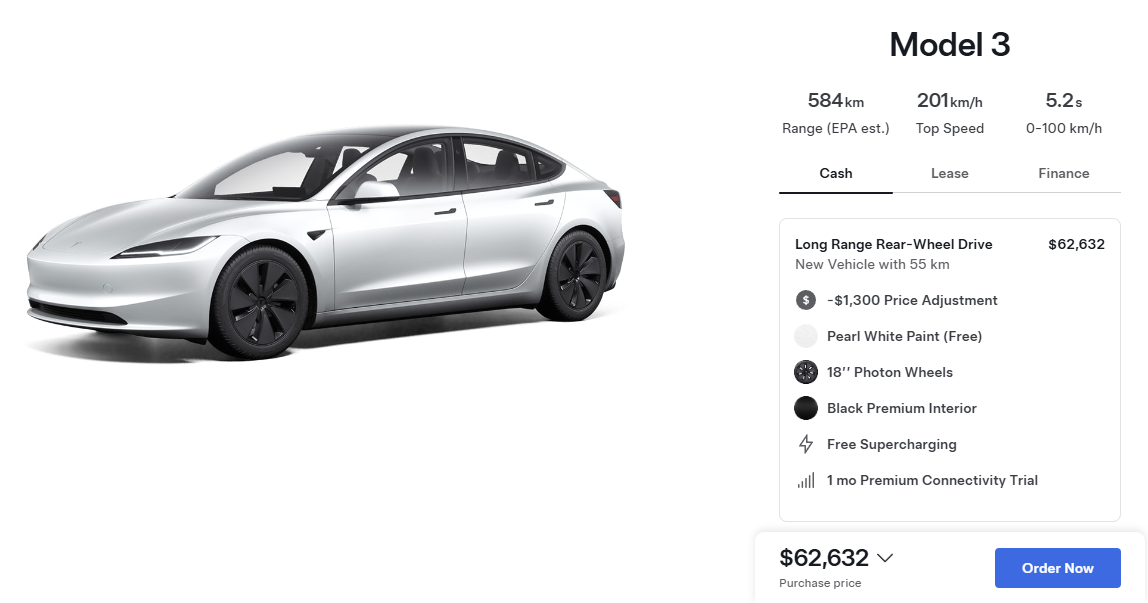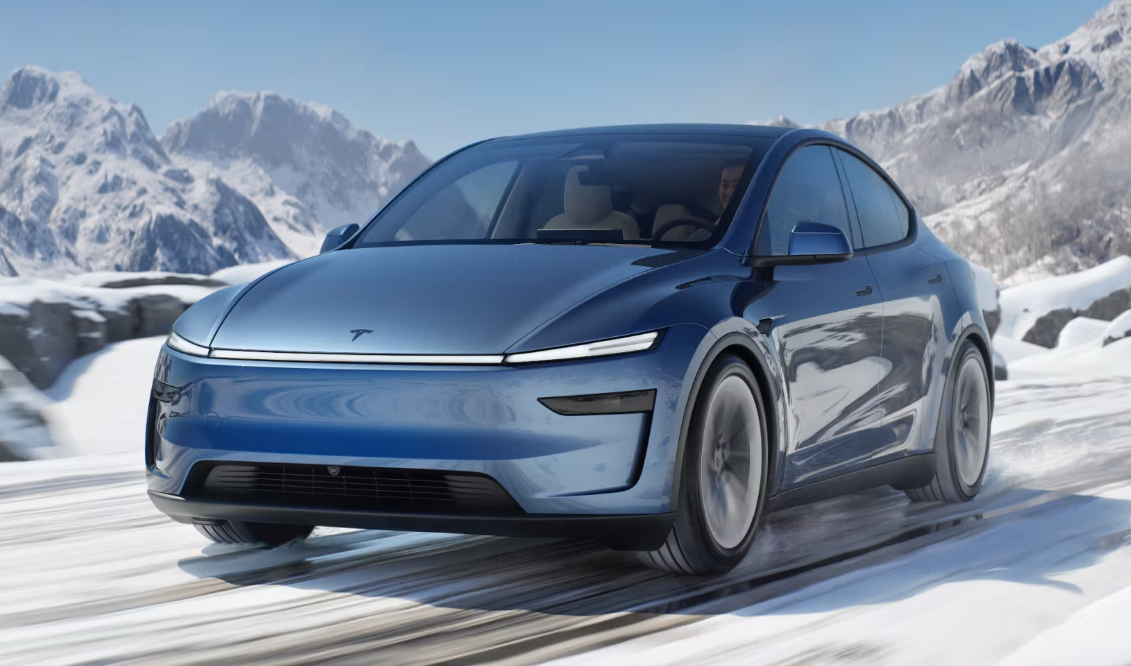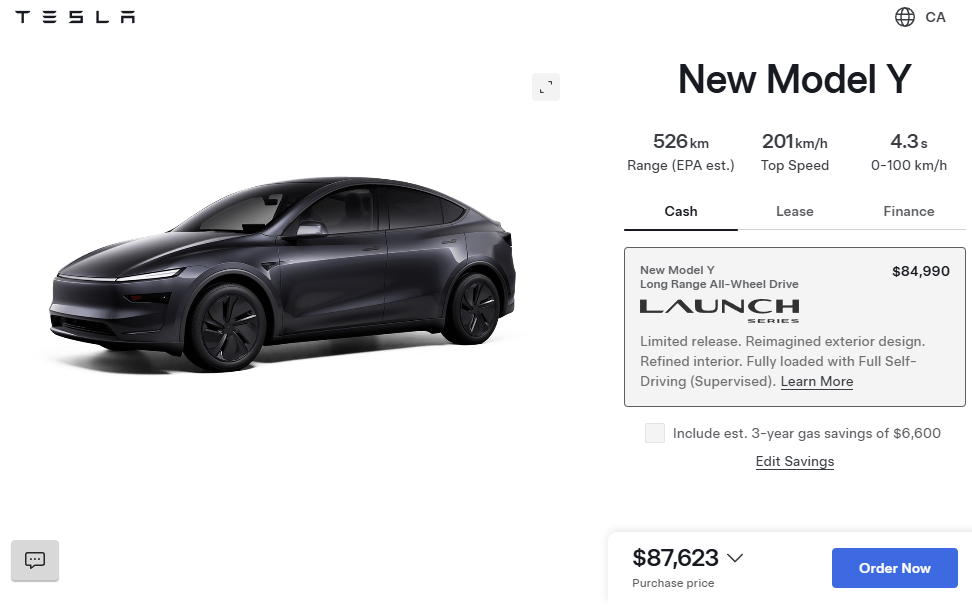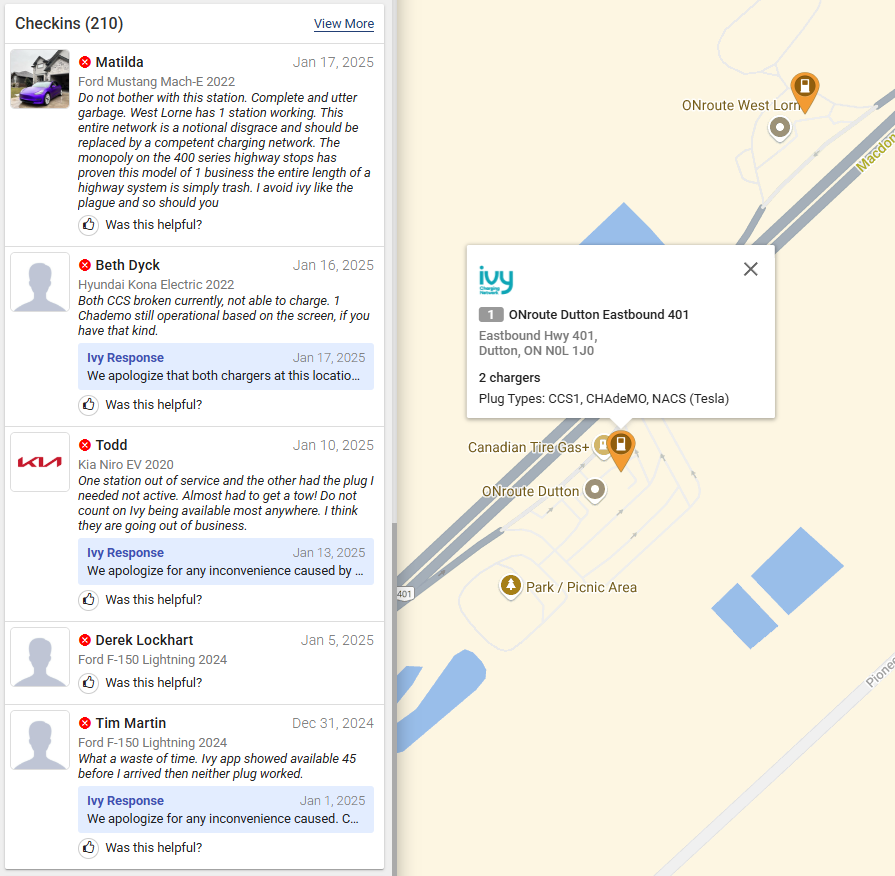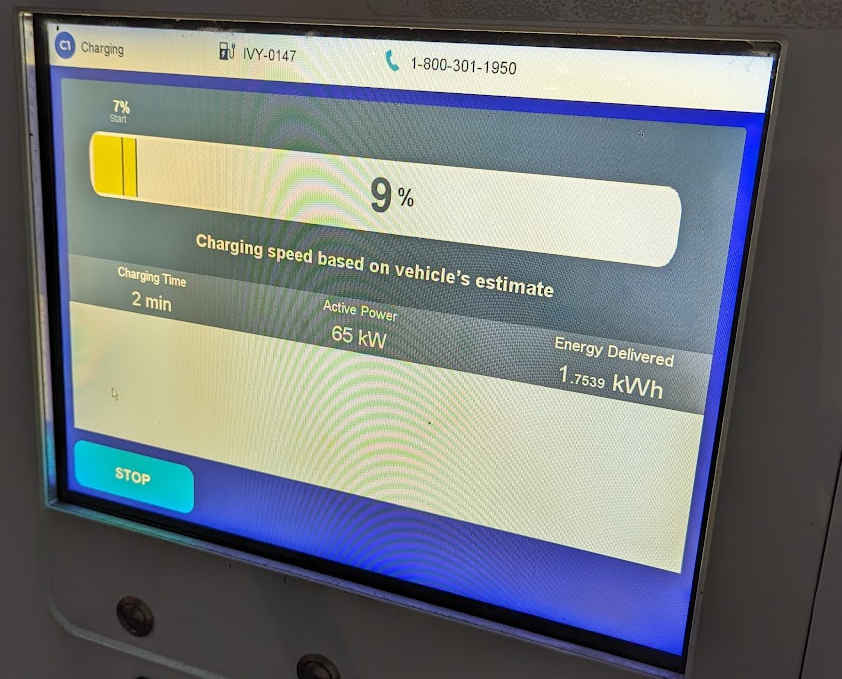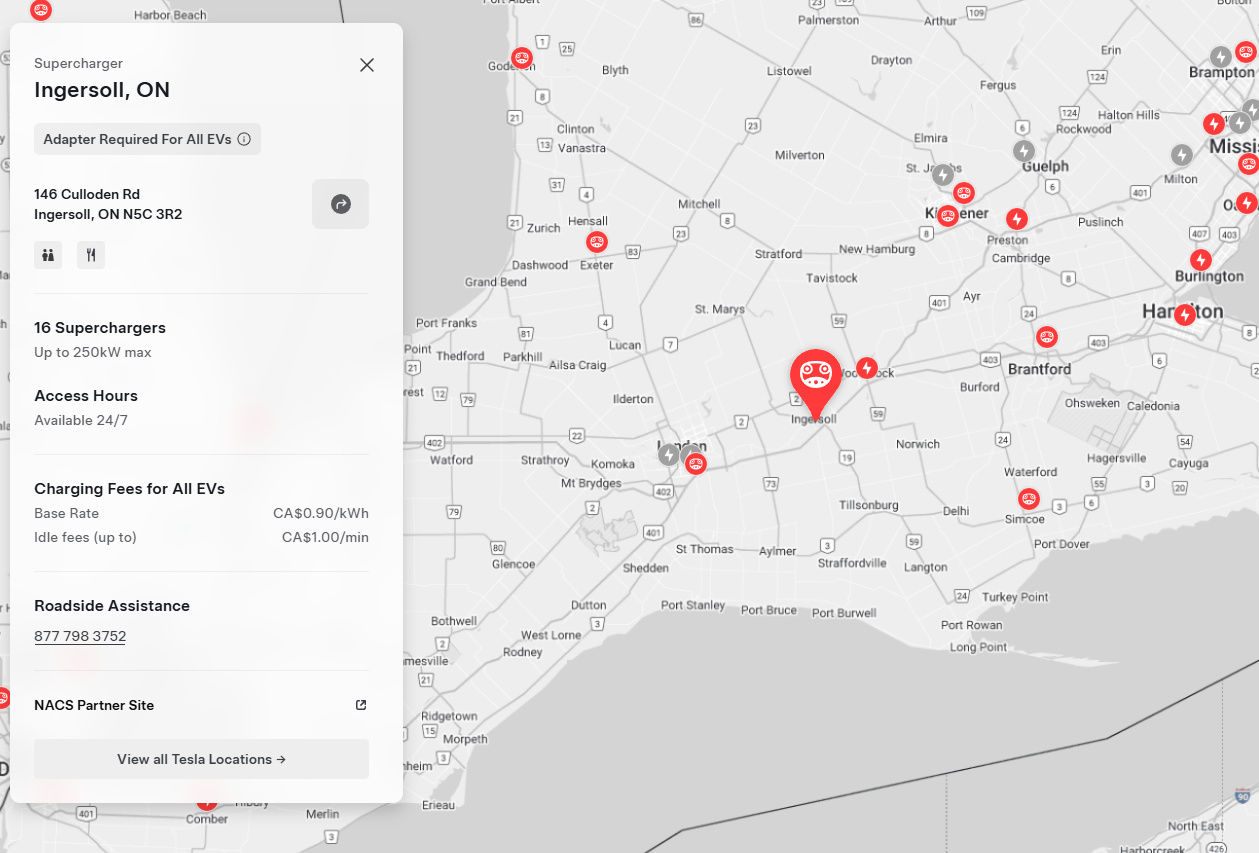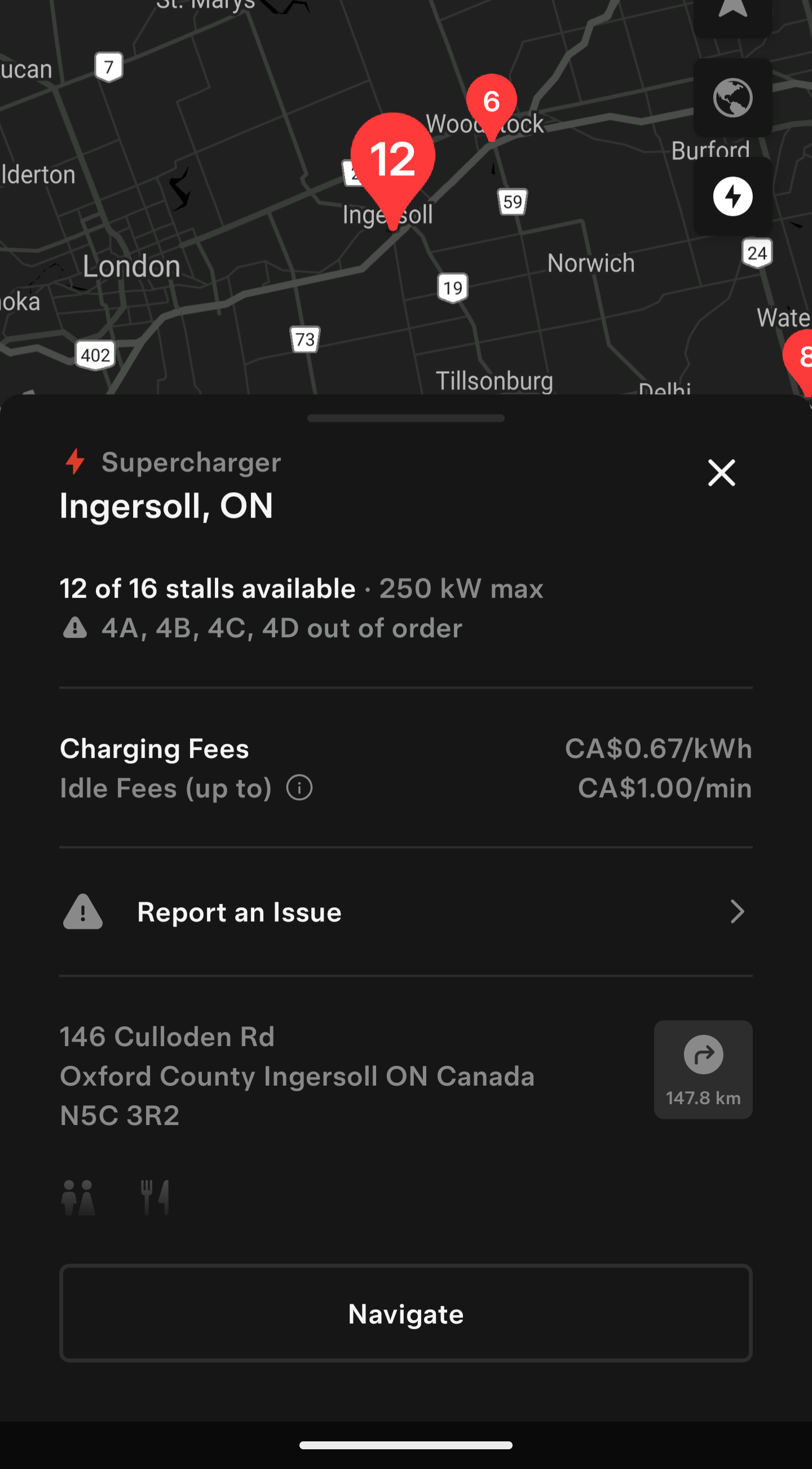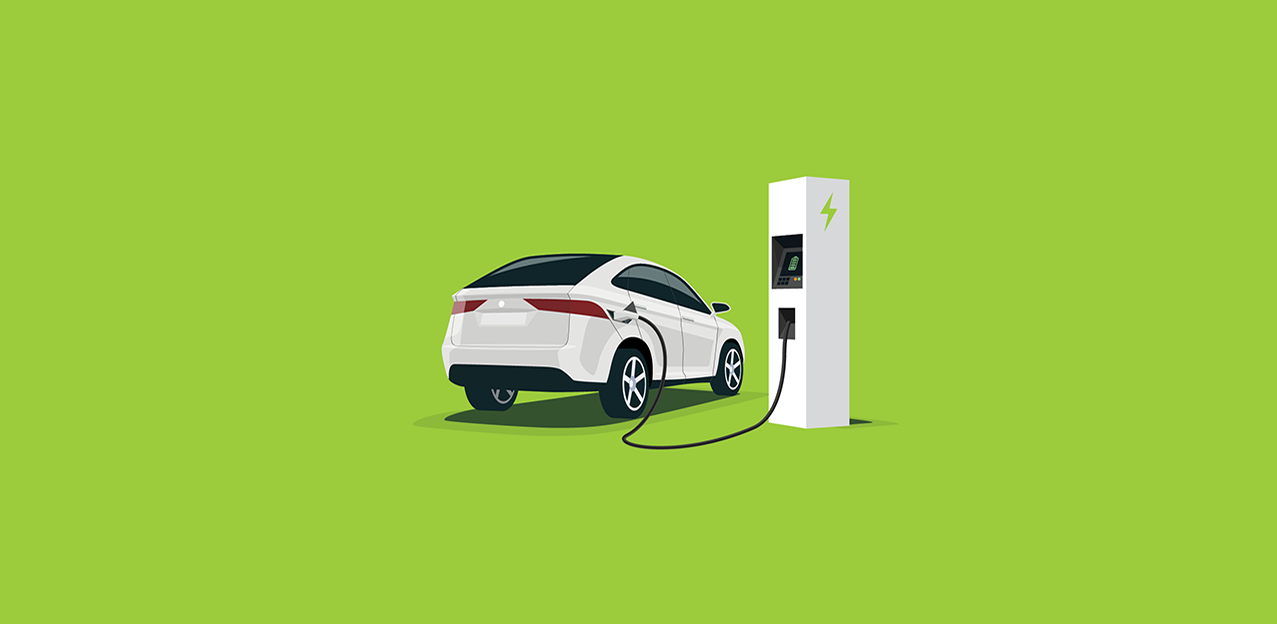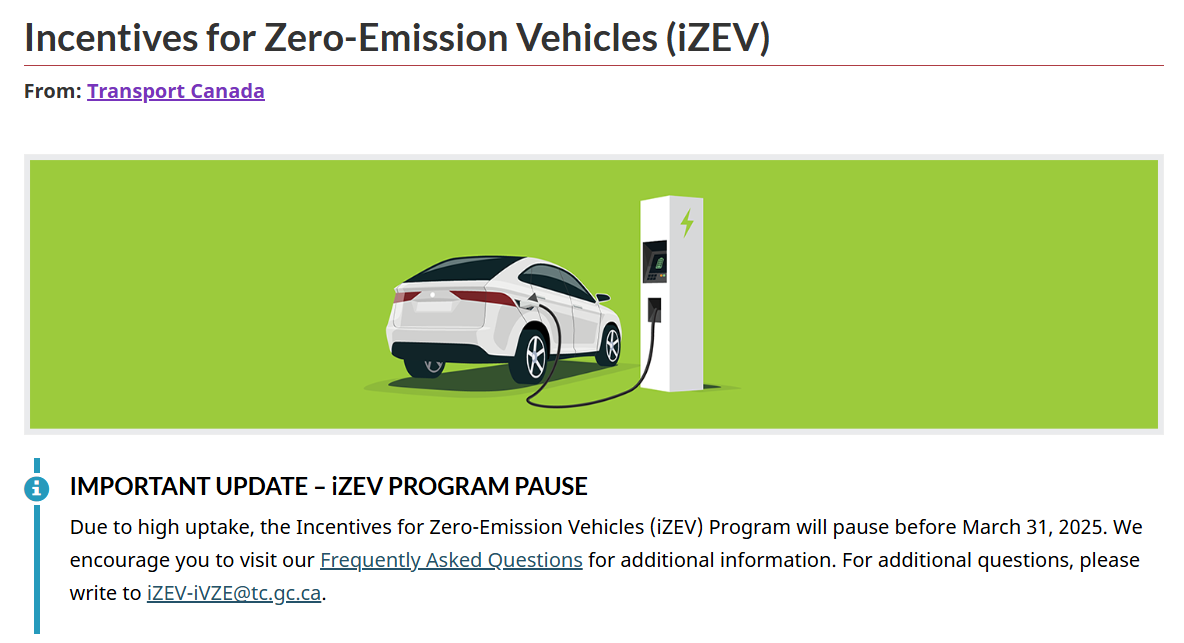Construction is now underway on a new 24-stall Tesla Supercharger at RioCan Elgin Mills Crossing, just a few minutes west of Highway 404 on Elgin Mills Road East in Richmond Hill.
The site will feature V4 dispensers paired with V3 cabinets, enabling charging speeds of up to 325 kW per vehicle. Installation of the cabinets and pedestals is already mostly complete, and crews are progressing quickly through electrical, conduit, and surface work. While construction could wrap up before year-end, utility connection and commissioning will likely extend into early (possibly mid) 2026.
Utility connections are outside Tesla’s control and can sometimes take even longer. Several other Supercharger installations across the GTA have been waiting months for grid hookup, underscoring one of the main bottlenecks in Ontario’s EV infrastructure rollout.
RioCan Elgin Mills offers a wide selection of nearby amenities — including Astoria Shish Kebob House, Pi Co. Pizza, Sunset Grill, Paris Baguette, Osmow’s, and Chatime — making it a convenient stop for both local and long-distance charging. For drivers staying longer or looking to shop while they charge, Costco and Home Depot are close by.
Once complete, this will be one of the largest Superchargers in York Region, reflecting Tesla’s continued focus on building for peak demand in high-traffic corridors. Planning and developing large, well-placed charging hubs like this is exactly what Tesla’s Supercharging team does best.







